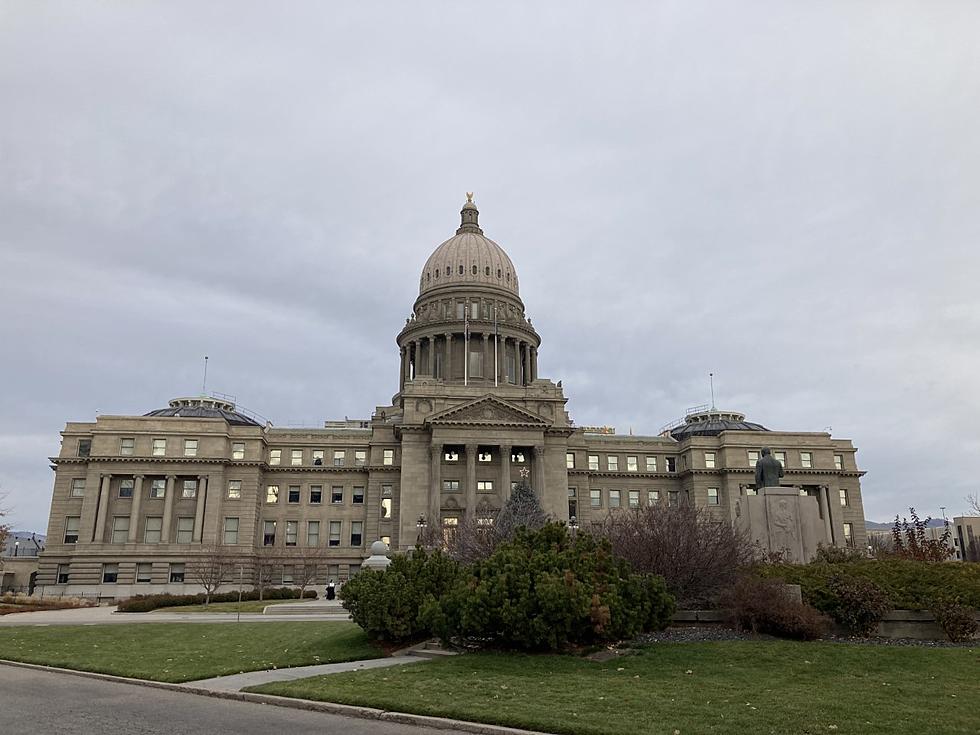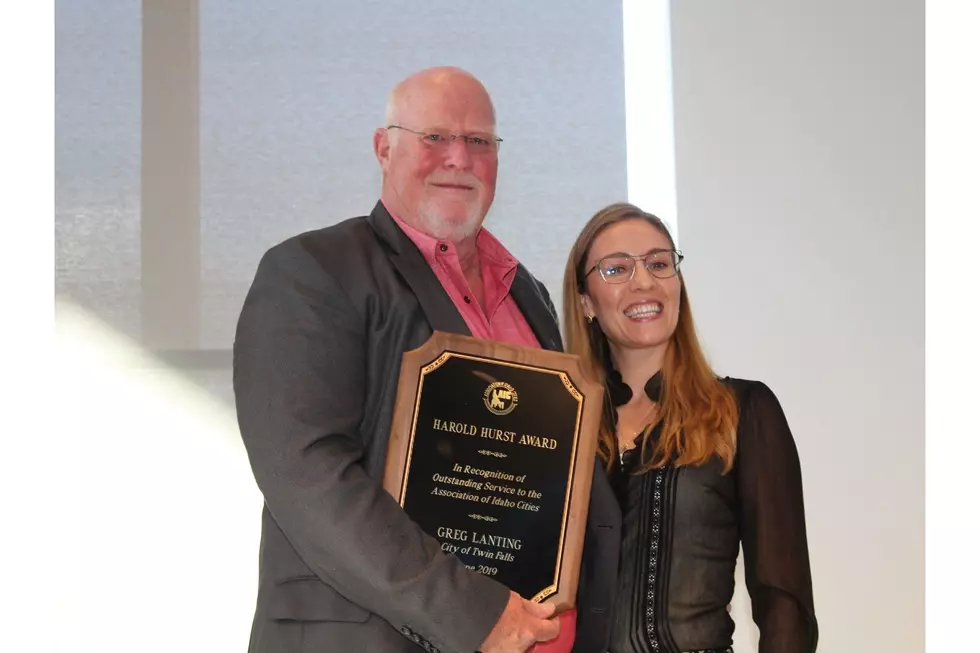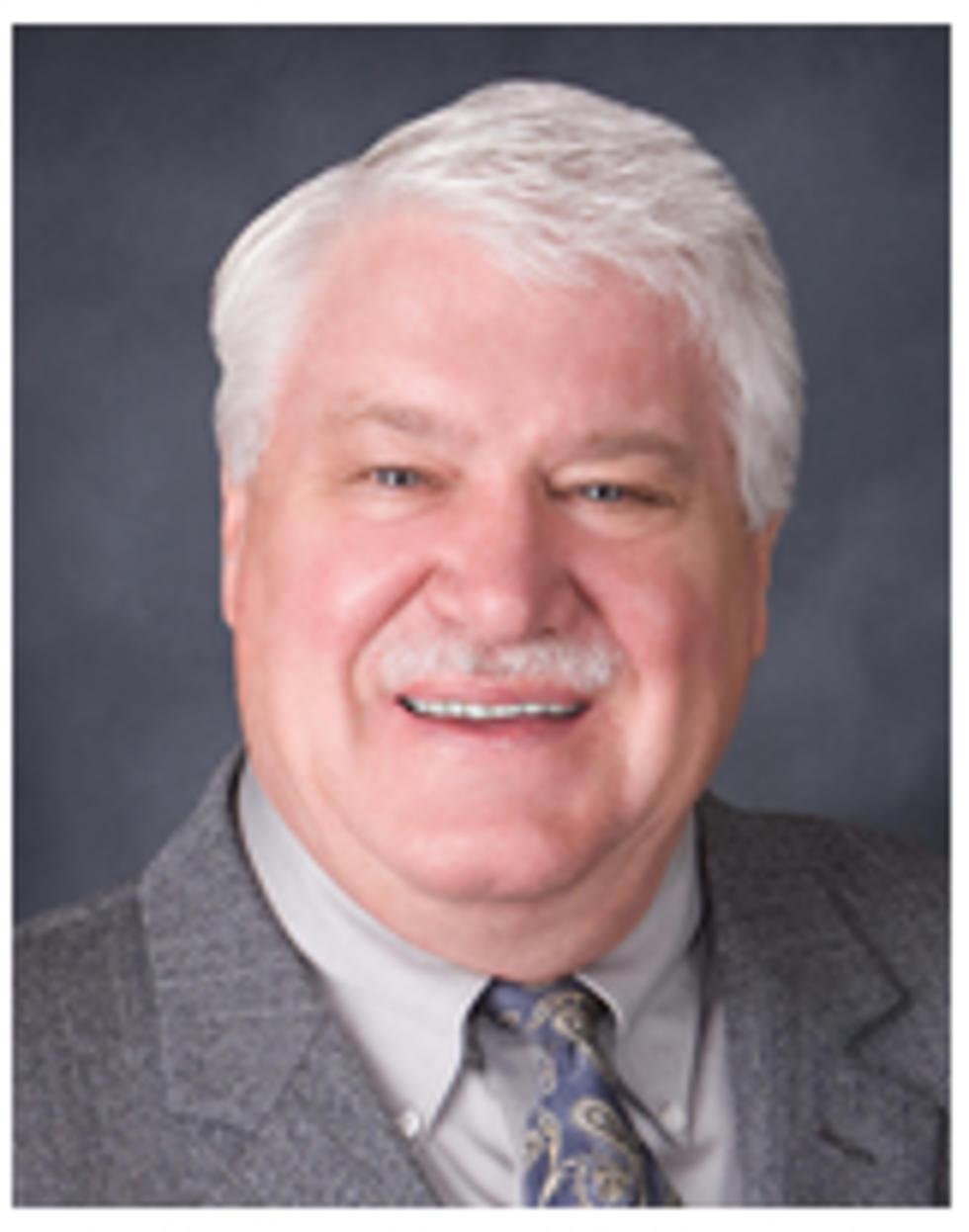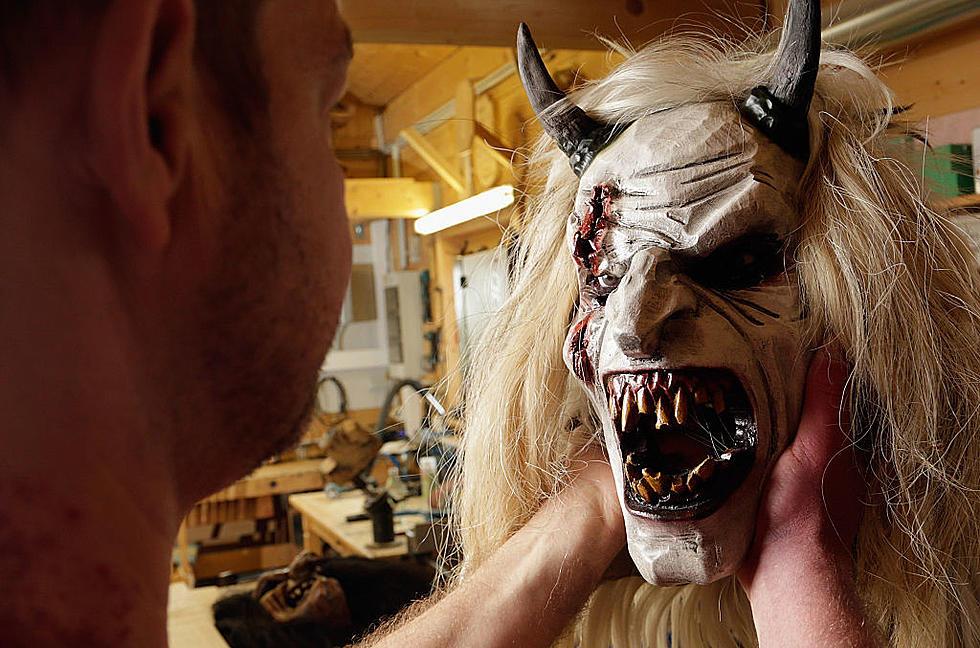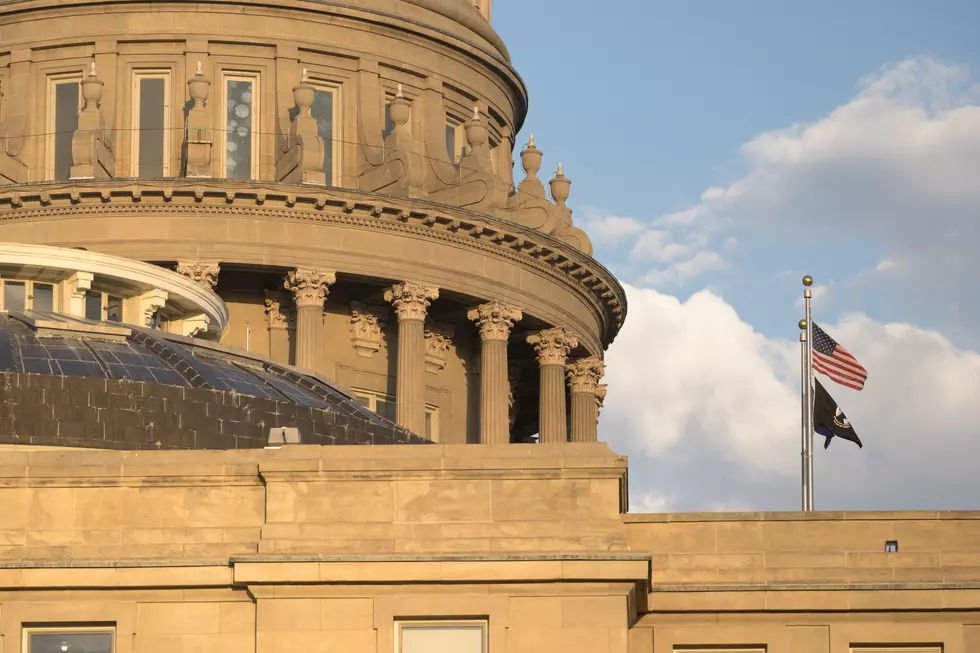
Idaho Governor Deems Final Legislative Session a Success
BOISE, Idaho (AP) — Gov. C.L. "Butch" Otter on Wednesday said he's focused on celebrating the successes of his final legislative session during three terms in office rather than complaining about what lawmakers didn't achieve over the past three months.
"We made a good run at some things that didn't end up happening, but we also got a lot done that will help people accomplish their own goals for years to come," the Republican governor said. "There have been some setbacks. But I'm not nearly as disappointed about them as I am proud of the work the Legislature and my administration have done together over the past 12 years."
Those highlighted accomplishments included passage of a sweeping $225 million tax cut that involved cuts to the state's personal and corporate income rates, investments in education spending that boosted teacher pay and expanding criminal penalties for threats against schools sparked largely due to the national attention on preventing school shootings.
Otter noted that the final bill he signed into law was a $25 million expansion of the new Idaho Child Tax Credit. Lawmakers created the state tax credit earlier this year, but quickly pushed a new bill to bump the credit from $130 to $205 per child.
"It was a great way, as far as I was concerned, to end a good session and to add to the largest tax relief we've ever given in the state of Idaho," Otter said, who is not seeking re-election.
However, the session was also marked by the failure for the sixth year in a row between lawmakers and Otter to find a way to provide health care coverage to the state's poorest working individuals.
Otter said he was disappointed that his proposal — which was estimated to help roughly 35,000 Idahoans by seeking two federal waivers with the federal government— stalled in the House despite multiple attempts to force members to vote on the measure. This year was considered particularly challenging because every state lawmaker is up for re-election in May and risked potential criticism from conservative opponents.
Otter said lawmakers who resisted his proposal shared similar talking points distributed by the libertarian-leaning Idaho Freedom Foundation.
"A lot of the bullet points came right out of the Freedom Foundation's hate book. It was things like: 'We're expanding Medicaid;' 'We're growing government;' 'We're making people dependent on government,'" Otter said, who has long criticized the organization that has influenced the Legislature's most conservative members.
About 51,000 to 62,000 working Idahoans are believed to be in the gap population that earns too much to qualify for Medicaid, but too little to qualify for insurance subsidies. Lawmakers could resolve the gap by expanding Medicaid as allowed under the Affordable Care Act but have refused, citing too much opposition to the federal law.
With the session now completed, Otter said he still has a lot of important governing to do over the next nine months. However, he added that part of his work has recently included sorting which items collected over his four decade tenure in public service will end up at his ranch, with his kids, in a museum or the College of Idaho — where Otter attended.
"Believe it or not, we're putting stickers on things," Otter joked.
More From News Radio 1310 KLIX
